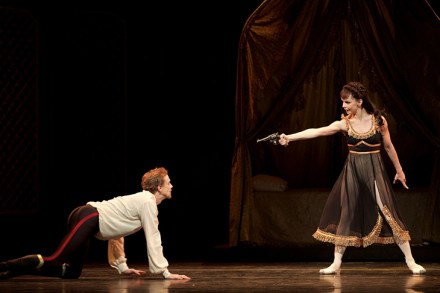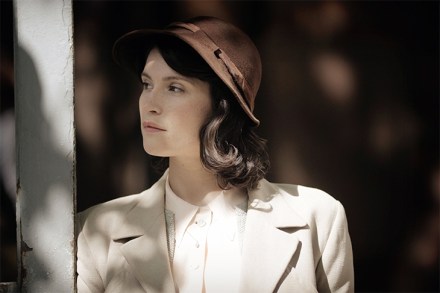The unhappy Prince
A tragic flaw is one thing — every hero should have one — but Mayerling’s Rudolf, a syphilitic drug addict with a mother fixation and a death wish, is a very hard man to love. Kenneth MacMillan’s 1978 ballet, currently being revived at Covent Garden, tells the complex tale of the Crown Prince of Austria-Hungary and his 1889 suicide pact with his teenage mistress. The narrative unfolds in flashback with cinematic sweep to a cunning patchwork of 30 Franz Liszt compositions invisibly mended by John Lanchbery. The grandeur of the Viennese court is deftly sketched by designer Nicholas Georgiadis. Vast interiors are evoked with a swath of fabric and the





















